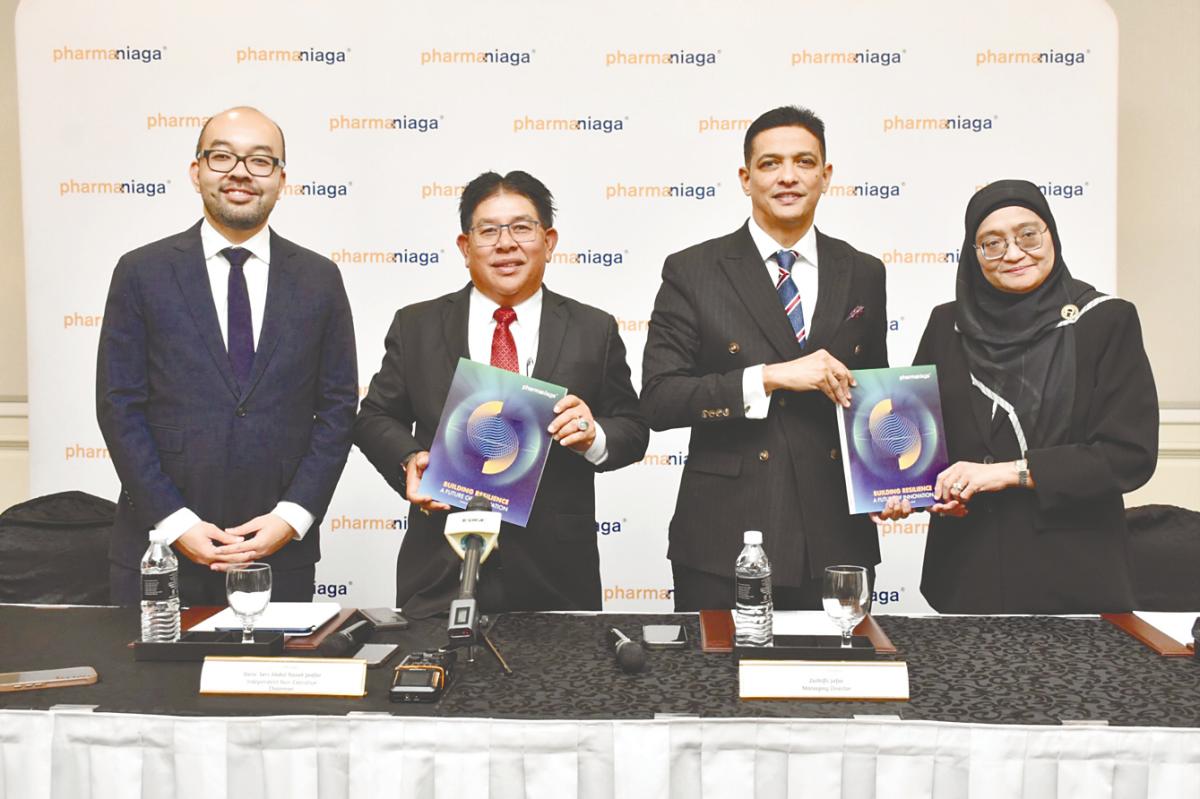KUALA LUMPUR: Pharmaniaga Bhd is targeting to exit Practice Note 17 (PN17) status as early as end-2025 or by the first quarter of 2026.
Managing director Zulkifli Jafar said its RM352.2 million rights issue and private placement will be the driver of its regularisation plan.
“We are targeting, we are hoping, in the best-case scenario, we are out at the end of this year. In the worst-case scenario, we are out in the first quarter of 2026,” he said at a press conference after Pharmaniaga’s 27th AGM today.
Zulkifli said a substantial amount from the funds raised under the regularisation plan will be used to pare down its debt. “That paring down of our debt alone will save about 16 million a year on interest.”
Pharmaniaga has 21 market days to finalise the private placement and the rights issue together with the subscription. The group will then undertake a capital reduction exercise, expected to take about a week.
“We’re targeting to complete the fundraising exercise by August,” said Zulkifli. “By end-August, we expect to complete the entire regularisation plan.”
Under Bursa Malaysia’s rules, the group must record two consecutive quarters of net profit before it can exit PN17.
However, Zulkifli said Pharmaniaga is seeking a waiver to shorten the wait time. “We’re proposing to consider one quarter before and one after the completion, instead of two full quarters post-completion.”
As to the AGM, all 13 resolutions tabled were passed with 99% approval.
“This shows that shareholders believe in our strategy and our journey towards exiting PN17,” Zulkifli remarked.
He said that for 2024, the group recorded a profit after tax (PAT) of RM133.8 million, compared with a loss of about RM78 million previously. “We are targeting for 2025 about RM4 billion in revenue with a PAT of RM60 million. This is our target although we hope we can achieve better than that.”
Pharmaniaga, a subsidiary of Boustead Holdings Bhd, was classified as a PN17 company in February 2023 after it reported major financial losses. Pharmaniaga incurred a RM552.3 million impairment due to excess inventory of Sinovac Covid-19 vaccines.









